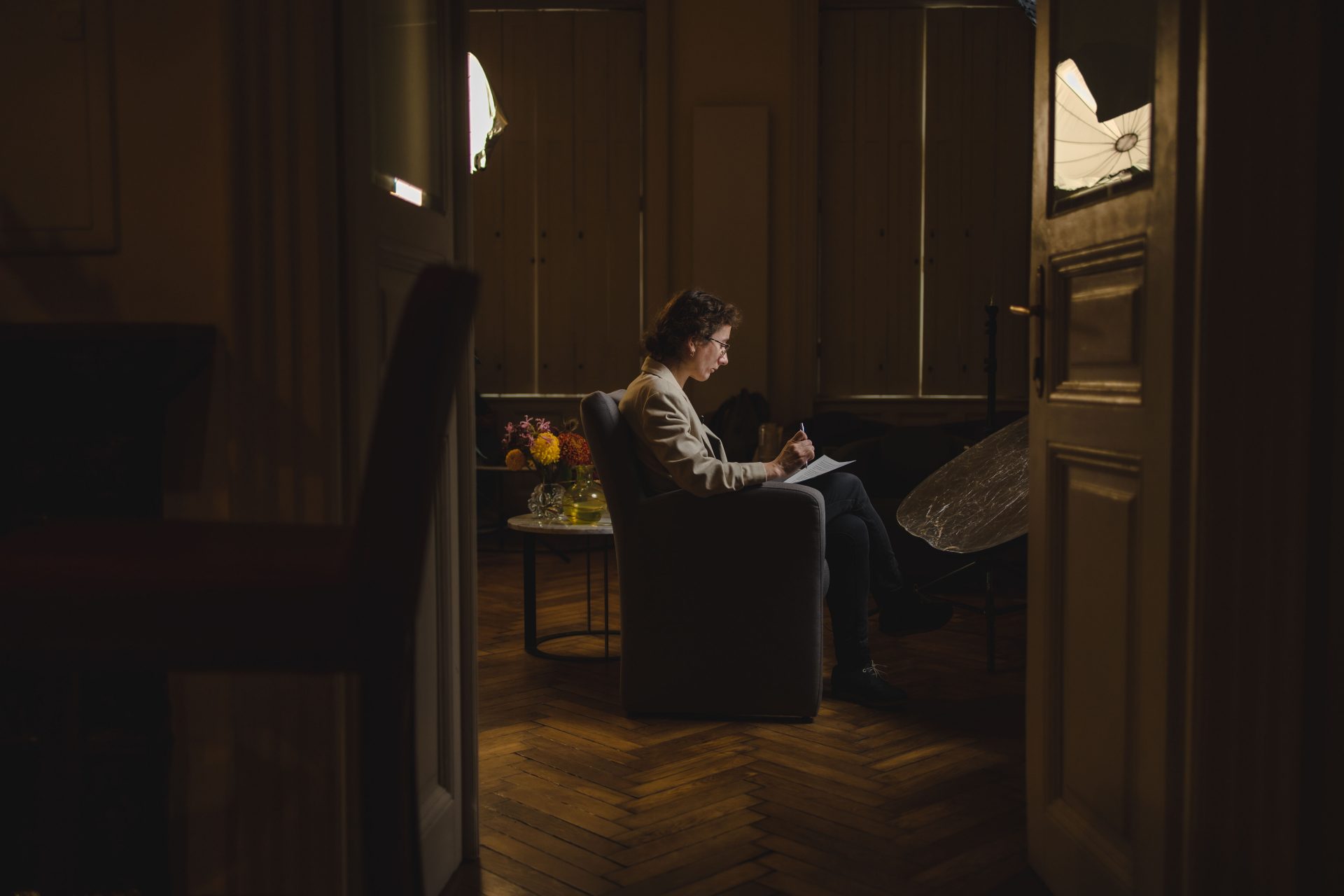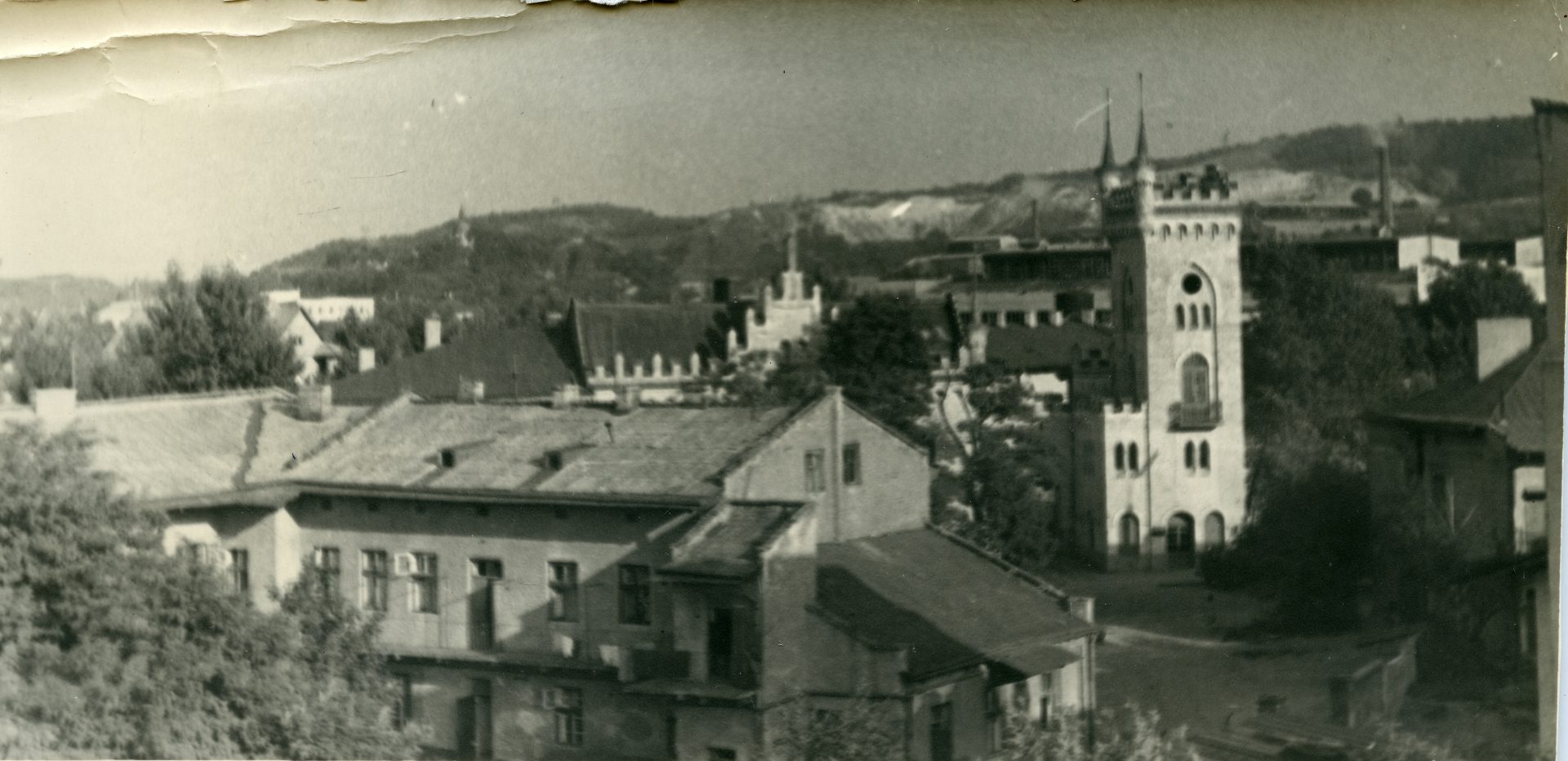Recovery of Ukraine: Who May Have the Right to Participate | Series of Video Lectures
20-23.2.2023
online / youtube
Involvement is a process that enables a direct participation and influence of community inhabitants and other interest groups in a decision-making process. Implementing and monitoring decisions after a project is implemented at the local and national levels is an equally important part of public participation. The level of efficiency of engagement depends on the principles of equality, inclusiveness, and accessibility for all participants of the process.
In the midst of the Russian aggression and war against Ukraine, we recorded a series of video lectures and tried to find answers to the questions: what is participation and what is its role in the process of recovery of cities and communities in Ukraine? How is the war changing Ukrainian society? What principles and approaches can we use in the process of engagement? What is the experience of Ukrainian communities and foreign cities in building a dialogue aimed at future recovery and development?
We invite you to watch a series of video lectures "Recovery of Ukraine: Who May Have the Right to Participate?". The following topics are suggested:
Mariia Hryshchenko "PARTICIPATION IN COMMUNITIES RECOVERY"
The main theme of the lecture by researcher Maria Gryshchenko is that engagement in community recovery should become more sensitive, empathetic, and attentive to the needs of different groups in communities in order to strengthen social cohesion, equality, and a sense of justice. The lecturer offers principles and approaches to engaging different actors in communities in recovery projects and strategies.
This series of lectures is part of the project "Recovery of Ukraine: Who May Have the Right to Participate?" In this video lecture, the project curator also briefly summarizes the main focuses of the project.
- Maria Gryshchenko is a researcher of policies for the engagement of actors in decision-making processes in Ukrainian communities, advising local authorities on establishing participatory and collaborative practices in communities in the field of spatial development, and is an affiliated researcher at the Center for Urban History. She was a scholarship fellow at the Center as part of a partnership program with Lund University.
Dzvenyslava Novakivska "INVOLVING COMMUNITIES IN RECOVERY: HOW TO BUILD INTERACTION BETWEEN DIFFERENT ACTORS"
A facilitator and a specialist in change marketing, Dzvenyslava Novakivska, focuses on the topic of building a community dialogue and introduces the work of facilitators. She shares her thoughts on the key principles, approaches and components of the engagement process that should become the basis for building understanding and dialogue in communities in the future for sustainable recovery. The lecturer emphasizes that the involvement of various actors is crucial in the context of fundamental transformations and there is a need to develop new approaches, documents, strategies, and policies. One of the most important outcomes of a quality engagement process, in her opinion, is building trust.
- Dzvenyslava Novakivska is a specialist in change marketing, organizational and personal transformation. The facilitator has experience in building a process for developing transformation and reform strategies at the national and local levels. In particular, currently Dzvenyslava is actively involved in building a dialogue on the practices of memory and community recovery in Kyiv region.
Anastasiia Bobrova "RECONSTRUCTION AFTER WARS AND CATASTROPHES"
The lecture critically reflects on the processes of recovery in European and American cities with a special focus on the participation and engagement of communities of inhabitants. The researcher focuses on the examples of rebuilding Sarajevo after the war, rebuilding New Orleans after Hurricane Katrina, and housing recovery in East Biloxi. The researcher analyzes the practices of involving different actors in reconstruction, draws attention to the key challenges faced by communities, as well as mistakes made. What foreign experience can Ukrainian communities use or take into account? What is the role of the local context in the recovery process?
- Anastasiia Bobrova is a senior analyst at the Cedos Analytical Center. She is an urban researcher and co-curator of the podcast on the right to the city "The Market Will Decide". She is currently involved in the analysis and development of housing policy in Ukraine.
Alla Petrenko-Lysak "A PORTRAIT OF SOCIETY OF CHANGES"
The recovery of Ukrainian communities will not only involve rebuilding housing, infrastructure, and an effective economic strategy, but will also affect the social fabric and cultural life. Sociologist Alla Petrenko-Lysak describes the social transformations that are taking place in Ukraine as a result of the war and will influence the future. She outlines changes in the demographic situation, migration and displacement processes, changes in the socio-cultural space, aggravation of old inequalities and the emergence of new ones. By analyzing changes in society, the sociologist actualizes the questions that need to be answered in the context of community involvement in the reconstruction process.
- Alla Petrenko-Lysak is a PhD in Sociology, Associate Professor at the Faculty of Sociology at Taras Shevchenko National University of Kyiv. She works in the field of urban and spatial studies. In 2022, she was a research fellow at the Center for Urban History and studied the transformation of ideas about home during the war.
Iryna Sklokina "CONFLICTS IN HERITAGE REVITALIZATION"
In her lecture, Iryna Sklokina will discuss the topic of community participation and various actors in projects for the protection, revitalization, and restoration of historical and cultural heritage. The researcher analyzes heritage projects in Germany, Hungary, and Ukraine. The historian outlines the key challenges of the revitalization process and the role of local citizens, the community of experts, and local businesses in this process.
- Iryna Sklokina, historian, PhD in History, researcher at the Center for Urban History. She was a participant in the "Open Heritage" project, which was aimed at analyzing legislation in the field of preservation and revitalization of historical heritage in the European Union and Ukraine.
The lectures will be premiered online on the Center for Urban History's YouTube channel.
TEAM
- Mariia Hryshchenko, project curator
- Viktoriia Panas, coordination
- Sofiia Andrusyshyn, logistics support
- Mariana Mazurak, communication support
- Anton Tkachuk, Bohdan Yemets, camera and editing
- Oleksandra Davydenko, design
This video lectures are part of the project "Rebuilding Ukraine: Who is eligible to participate?" with the support of the Heinrich Boell Foundation, Kyiv-Ukraine Bureau.
Credits
Cover Image: Bohdan Yemets

